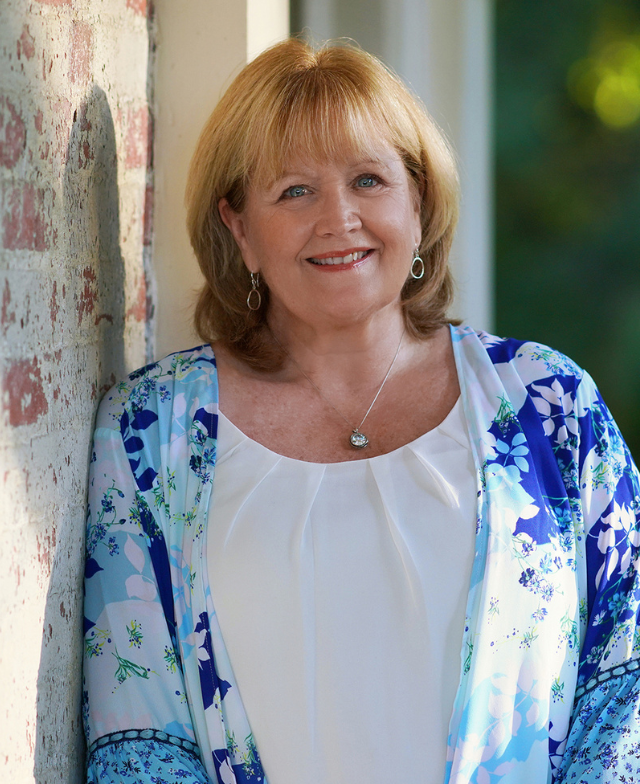Come Out of the Shadows: Reclaim Your Feminine Voice
And I’ll stride freely through wide open spaces as I look for your truth and your wisdom; Then I’ll tell the world what I find, speak out boldly in public, unembarrassed (Psalm 119:45-46 MSG).
One principle of healing from anything is reclaiming your voice. One of the steps to recovery is allowing the real you to come forward to be seen and heard.
Some females are chatty, excitable, and emotional. Others are quiet, pensive, and ponder more than they speak. There is no right or wrong way to be a woman, contrary to the lies we may have been sold. In a culture that supposedly celebrates authenticity, there are plenty of mixed messages coming our way:
Be yourself, but tone it down.
Be yourself, but rein it in.
Be yourself, but be more assertive.
Be yourself, but . . .
Even though I grew up in the middle of the 1960s women’s movement, I was taught that if I attended a meeting with men at work, church or anywhere else, the best practice was to not speak like a woman. I was advised that men like short conversations, few words, and no emotion. If I wanted to be taken seriously, I had to somehow silence the feminine part of me when I added my voice to the mix.
Decades later, of course, I believe it’s essential to bring our full feminine selves to the conversation. After all, this is authentically who we are, and our uniquely female perspective is needed. Without it, there can be no full picture.
Jesus, our Creator, understood this, even in a culture that viewed women as property. Their testimonies were widely considered wholly unreliable. In Jesus’ day, feminine voices were silenced—but He wouldn’t stand for it.
He did not condemn women who dared to use their voices. In fact, He empowered them to speak and act at critical moments in His ministry.
Women bore witness to the crucifixion and were the first at the resurrection.
Jesus’ ministry was financially supported by women.
He entrusted a woman with the truth when He told Martha. “I am the resurrection, and the life.”
Jesus inspired a Samaritan woman to use her voice to tell everyone in her town about Him when He met her at the well.
When Mary of Bethany sat at His feet to soak up His teaching, her sister asked Jesus to put her back in the kitchen where she belonged. But Jesus said she had chosen the better thing.
Women were among Christ’s disciples.
The sum of Jesus’ interaction with women is this: we have a place at any table, and it is imperative that we show up as our true selves.
Book Laura
"*" indicates required fields

